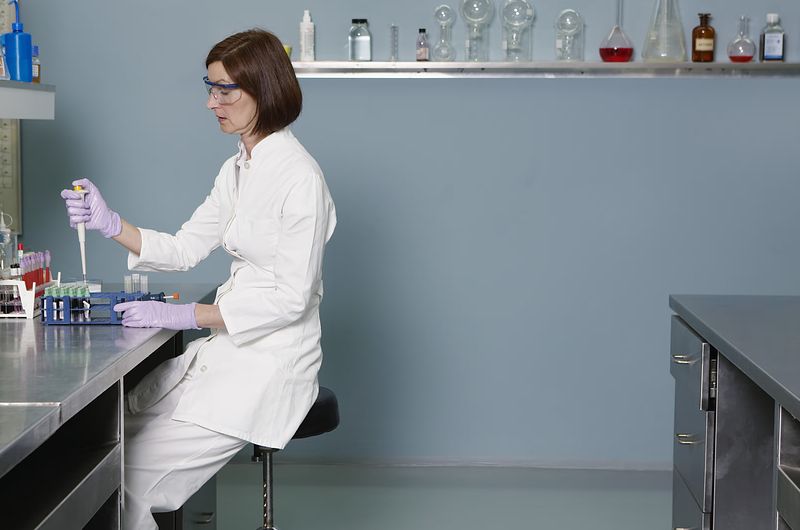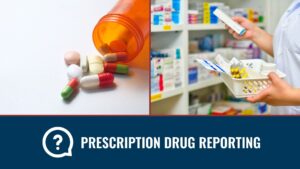 |  |
| A: An employer can require that an employee be tested for COVID-19 prior to their return to work, as this was answered by the EEOC in FAQ #6. Consistent with the ADA standard, employers should ensure that the tests are accurate and reliable. For example, employers may review guidance from the U.S. Food and Drug Administration about what may or may not be considered safe and accurate testing, as well as guidance from the CDC or other public health authorities, and check for updates. Employers may wish to consider the incidence of false-positives or false-negatives associated with a particular test. Employers should communicate with employees in advance when the testing is required, how often and how to submit for reimbursement of the testing. |
| Q: What is the difference between the COVID-19 Viral Test and the Antibody test? |
| A: The COVID-19 Viral Tests check samples from your respiratory system, such as a swab from the inside of your nose, to tell you if you currently have an infection with SARS-CoV-2, the virus that causes COVID-19. Some tests are point-of-care tests, meaning results may be available at the testing site in less than an hour. Other tests must be sent to a laboratory to analyze, a process that takes 1–2 days once received by the lab.The antibody test checks your blood by looking for antibodies, which might tell you if you had a past infection with the virus that causes COVID-19. Employers cannot require antibody testing. |
| Q: Are insurance companies required to cover employer mandatory testing? |
| A: Not always. The government recently updated its Frequently Asked Questions about the Families First Coronavirus Response Act and addressed this in question 5. Section 6001 of the FFCRA requires coverage of items and services only for diagnostic purposes as outlined in this guidance. Clinical decisions about testing, when made by the individual’s attending health care provider, may include testing:of individuals with signs or symptoms compatible with COVID-19 or,asymptomatic individuals with known or suspected recent exposure to SARS-CoV-2 In any event, insurance plans are only required to cover testing when it is determined by the individual’s health care provider as medically appropriate. Testing conducted to screen for general workplace health and safety concerns (such as employee “return to work” programs), for public health surveillance for SARS-CoV-2, or for any other purpose not primarily intended for individualized diagnosis or treatment of COVID-19 or another health condition is beyond the scope of section 6001 of the FFCRA and not required to be covered by health insurance plans. COVID-19 testing must follow the ADA Enforcement Guidance on Disability-Related Inquiries and Medical Examinations of Employees under the ADA. The ADA Enforcement Guidance suggests that an employer may be liable for all costs associated with mandated testing. Employers may want to refer to legal counsel to determine if they are liable for the cost of mandatory testing. |







